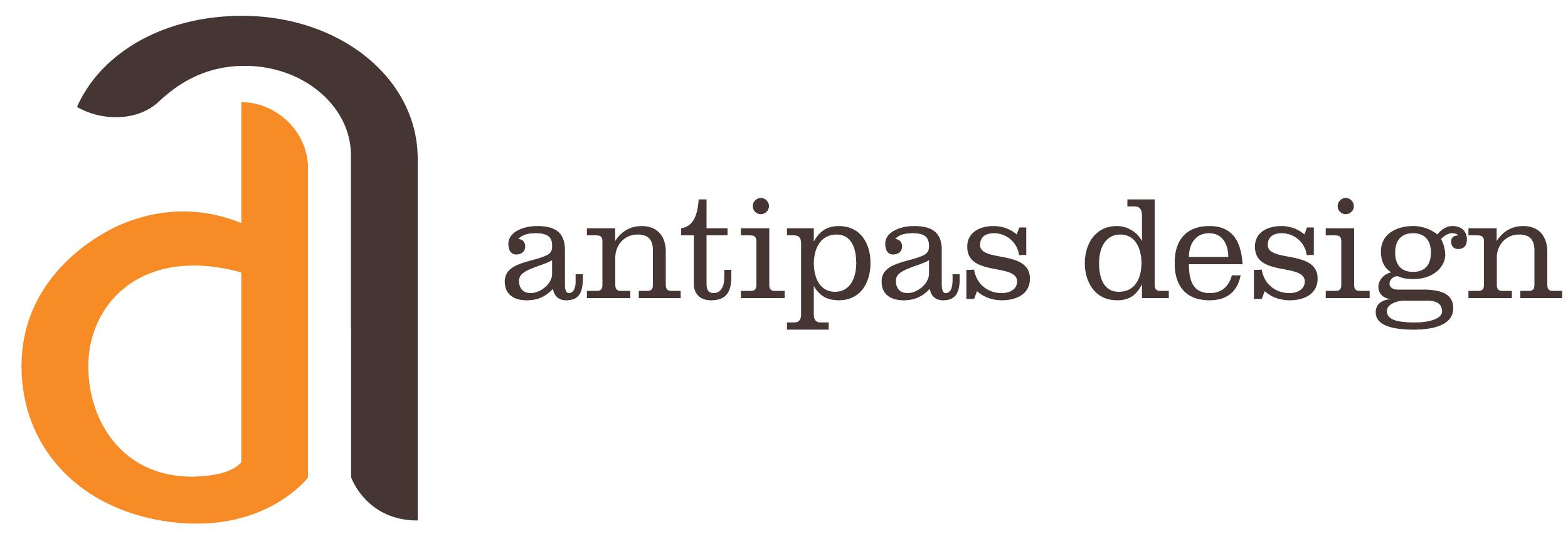Spec Work is Wrong
Plenty of other design professionals have written about spec work, and why it’s not an ethical practice. I feel it’s important to make the case why it has no business in our profession, if only because the design industry must speak for itself, without benefit of a regulatory body like a union or licensing board.
Designers depend on clients for their livelihood, whether they work independently or as part of an agency. Their product is their creative work and expertise. This isn’t a hobby that people get into; it takes years of training and practice to develop a keen professional eye for visual work that sells brands and services. Designers are no less qualified in their field than lawyers, architects, electricians or writers.
But I’m not going to get into a sob story about how many hours a designer spends poring over sketches, colors, fonts or images. How we sweat our creative souls out to develop that winning idea for a client. All that goes without saying — and I wouldn’t trust a designer who didn’t immerse himself in those things. After all, nobody wants a creative result that was phoned in.
“Designers are no less qualified in their field than lawyers, architects, electricians or writers.”
So here’s my take on spec work: if a prospective client throws that prospect out there in the hope of getting free work up front, I’m not going to be the hopeful dreamer who says yes. I’ve yet to see a scenario where speculative work actually results in a paying project down the road. In previous situations, I’ve collaborated with people (whom I’ll refer to as account/sales types) on proposals that had the distinct whiff of spec work. Trying to be polite, I’d ask how much work we’d need to produce to enter the ring with the prospective client. “Oh, I think maybe three or more concepts will show them our capabilities…” I recall doing one such project, and although it went against every creative instinct, I decided to cobble together cutting-room floor ideas just to avoid investing a lot of my time in a hopeless pursuit. In the end the project never materialized, of course.
It felt like going through the motions, and it showed. The client who requested the spec work probably had other, bigger agencies already lined up, and was using this tactic to gauge the market for time and cost. Another way companies lean on the spec tactic is to formally fold it in with their RFP protocols. Here, the contending agency is obliged to submit work, on spec, in order to be considered. Any design firm that ever won a client that way likely foisted the work on its junior staff, or else threw it at an already burdened creative director. Trust me — no creative employee relishes the phrase “spec work.” And sometimes a prospect comes along looking for spec as a matter of course. They’re not used to hiring a design professional because their own operation is slap-dash and shoestring. No thanks. I sometimes like working with start-up brands — just not for free. Unless you pay me a royalty on every product sold.
“Spec work diminishes the value of a designer’s time and talent.”
